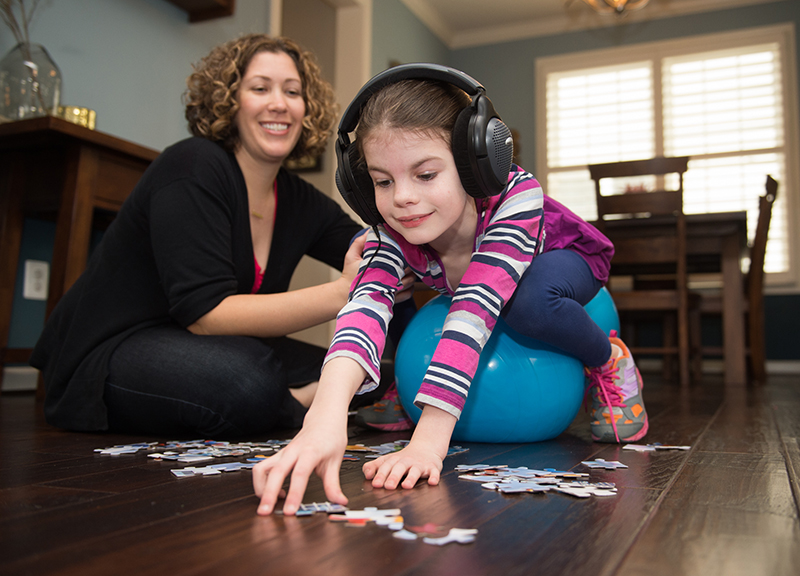What can an Occupational Therapist do
What can an OT do for my child?
Occupational therapists help people of all ages achieve independence in their daily life. When it comes to children, OTs do just that! We work with children to help them reach independence in their day to day skills, known as “occupations”. For kids, their occupations include things such as playing, printing, socializing, kicking a ball, sitting at circle time, using a fork or tying their shoelaces. OTs can help your children acquire the skills they need to help build their independence and increase their sense of accomplishment!
Kids have occupations, so they may need an OT!
Here are a few examples of different areas Occupational Therapists work on:
Self-Care Skills: Completing those daily ‘self-care’ tasks are crucial in allowing your child to build their independence. When kids struggle with these daily tasks, it can mean starting every day off with frustration. OTs can help children build their independence when getting dressed by including fasteners (buttons, zippers) or teaching how to tie shoe-laces. OTs can work on the sequencing, motor planning and motor skills needed to complete these activities. Once mastered, this can make those mornings before school much more successful and enjoyable for kids!
School Readiness: School is your child’s job and that job requires a variety of different tasks on a daily basis. When children struggle with aspects such as printing or attention this can have a significant impact on how they accomplish all the other learning that they need to do. OTs can support children to develop printing skills by building strength in their hands and arms and by improving their pencil grasp and coordination. Building a child’s printing can boost their confidence and allow them to engage more actively in content of their written work.
Play Skills: Play, play, play! That is what kids do all day, everyday and there is a reason for that. Playing is incredibly important to help children develop social, cognitive, motor, and interactive skills. When children have trouble engaging in play it can impact all of these areas. OTs can help children gain appropriate fine motor skills, strength, and hand-eye coordination to increase your child’s ability to interact with toys and engage in play!
Social/Emotional Regulation: One of the greatest skills children develop is the ability to self-regulate when they need to do things such as focus or engage with their peers. When children struggle with regulation this can have a significant impact on their social and emotional well-being. OTs can help children develop skills to monitor their regulation, develop better ways to regulate, and provide activities to address any sensitivities that may be impacting their regulation. For example, some children really struggle with sound, so much so that it impacts their ability to engage in their classroom activities. OTs can help children build their tolerance and ability to process sound input to improve their ability to attend in a noisy environment.
SHIJINA RIJESH
